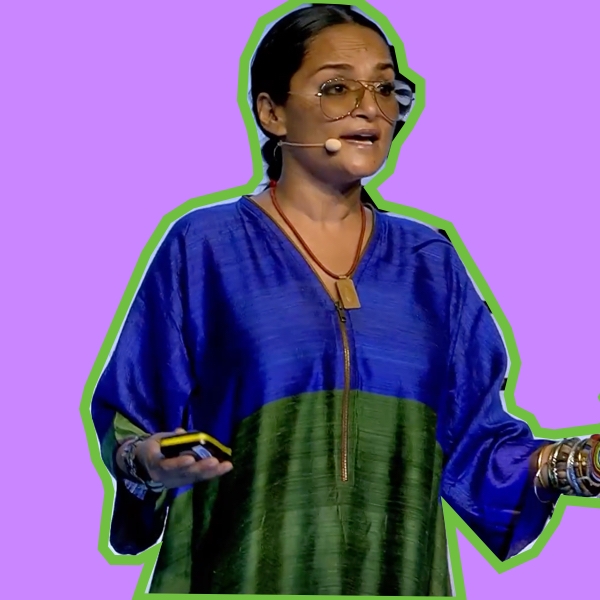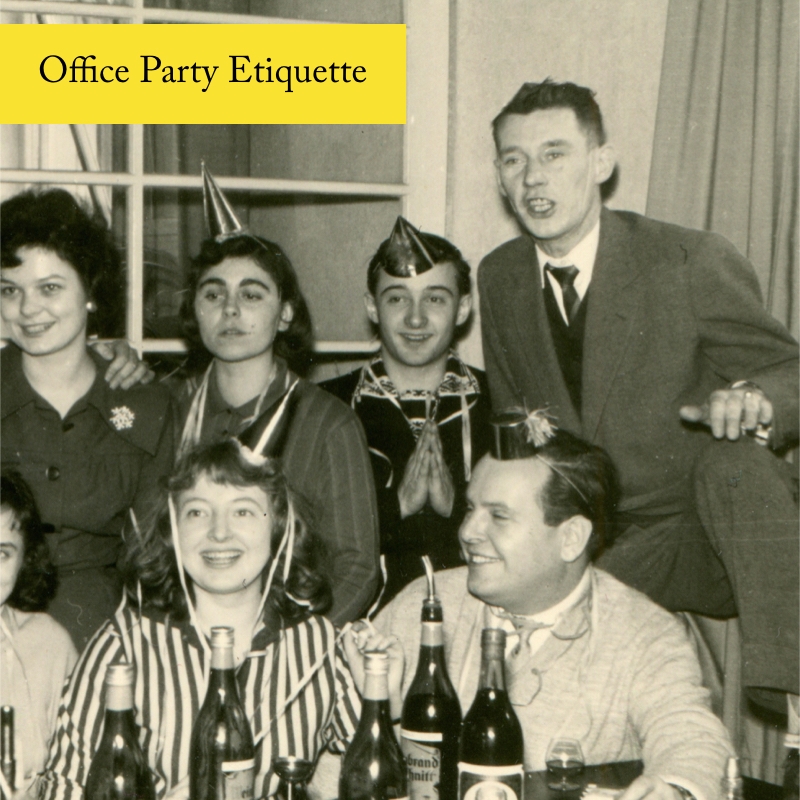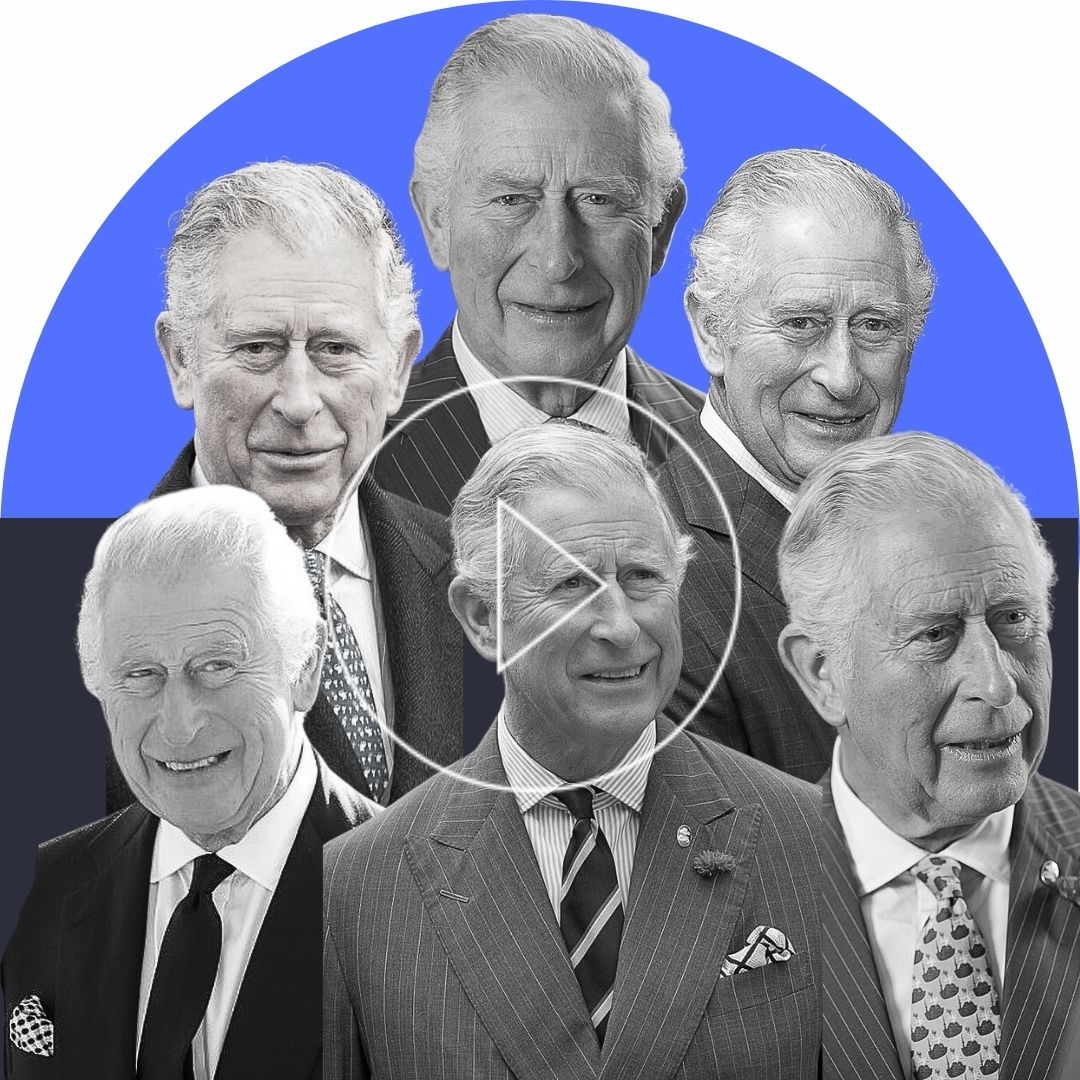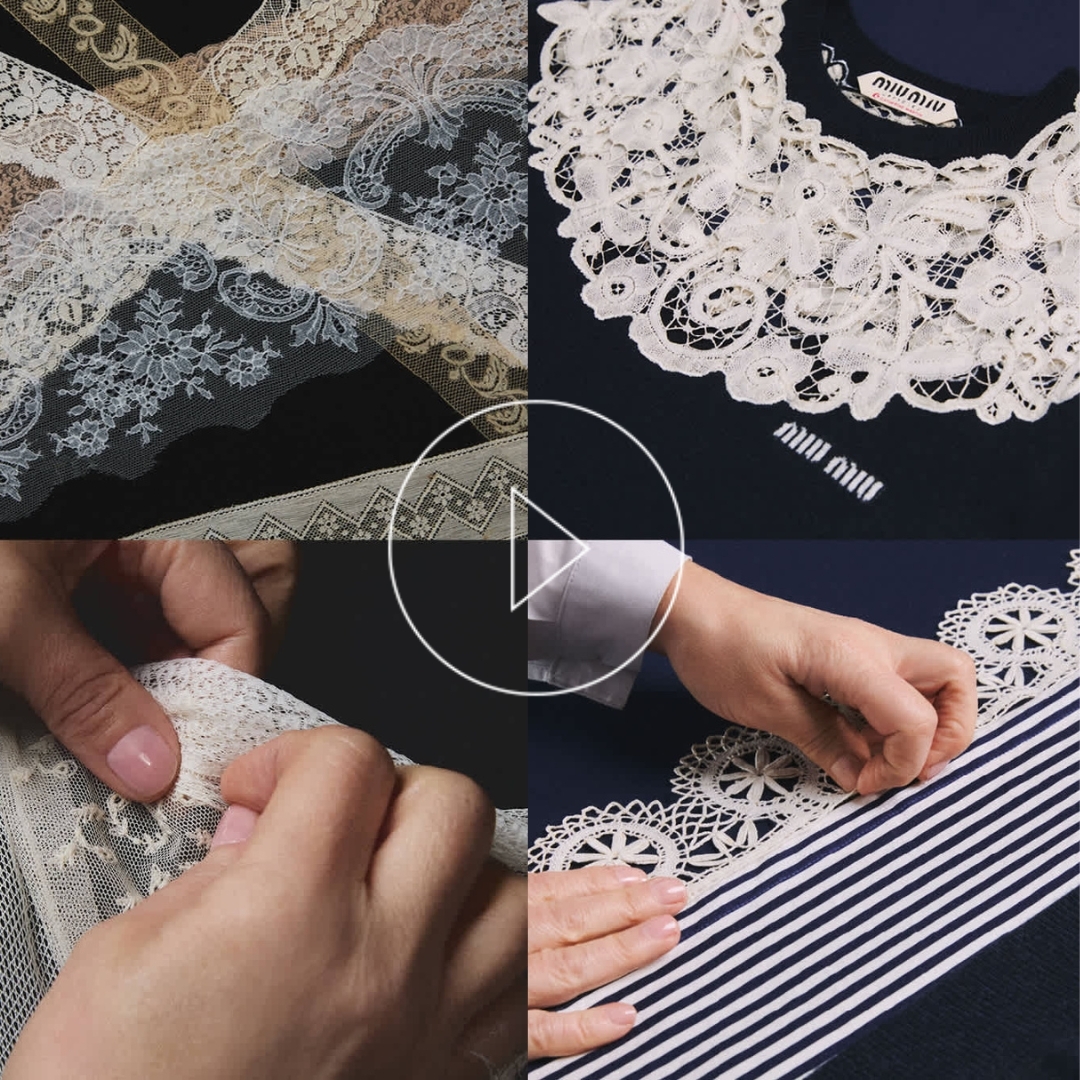Bandana Tewari, Gandhi and sustainable fashion

The former Vogue India editor, Bandana Tewari, has some excellent – and straightforward – advice for fashion lovers who are interested in not harming the environment.
Tewari is considered one of India’s most expert authority on fashion. She’s a journalist, sustainable activist and member of the BOF500 (2016, 2017), the professional index of the most influential people shaping the fashion industry. She is also a contributor to The Business of Fashion, a judge for the H&M Foundation’s Global Change Award and special advisor to Copenhagen Fashion Summit.
Using Mahatma Gandhi’s frugality as an example, Bandana Tewari advocates for conscious consumption. She states that we’re making more than 500 billion t-shirts per year. And nobody needs that many clothes.
But instead of pointing the finger only to the fashion industry, Tewari puts the ball on each one’s field. She shows that there’s more one can do than blame the system, the economy and world leaders. The journalist is a prominent activist for sustainability in fashion, as innovative eco-friendly materials. However, she thinks that alone isn’t enough; her message to consumers is clear: buy less.
Conscious consumption should be like the diets we go on to cleanse our bodies; according to the Indian activist, we should go on a fashion diet too. But do not despair, that doesn’t mean you must stop shopping! Tewari says you should buy pieces that have value, a story, anything that would make you hold this garment close to your heart. For example, the clothes you got as a gift from your grandmother or that particular hand-made item you bought during a trip; they have sentimental value. We need to give clothes that cultural context or narrative that makes us want to keep them longer.
But if we all started buying less, what would happen to the people working in the developing and under-developed countries who depend on our purchases to live? Tewari has a simple answer to that problem too. We must change the way we purchase; we cannot buy a T-shirt for less than a cup of coffee. Consumers must tell the industry that they will buy less but are willing to pay more for clothes if the companies give fair wages to the people making the garments.
She says the breakthrough fashion designers of this millennium will be the ones narrowing the gap between the designer, the artisans who make the clothes and the consumer.
In other words, our position, as fashion consumers, must change. I want to buy that t-shirt, but I also want to know that the person who made it is not voiceless nor invisible and received fair wages for it.
CS
Image via Youtube
SHARE




















